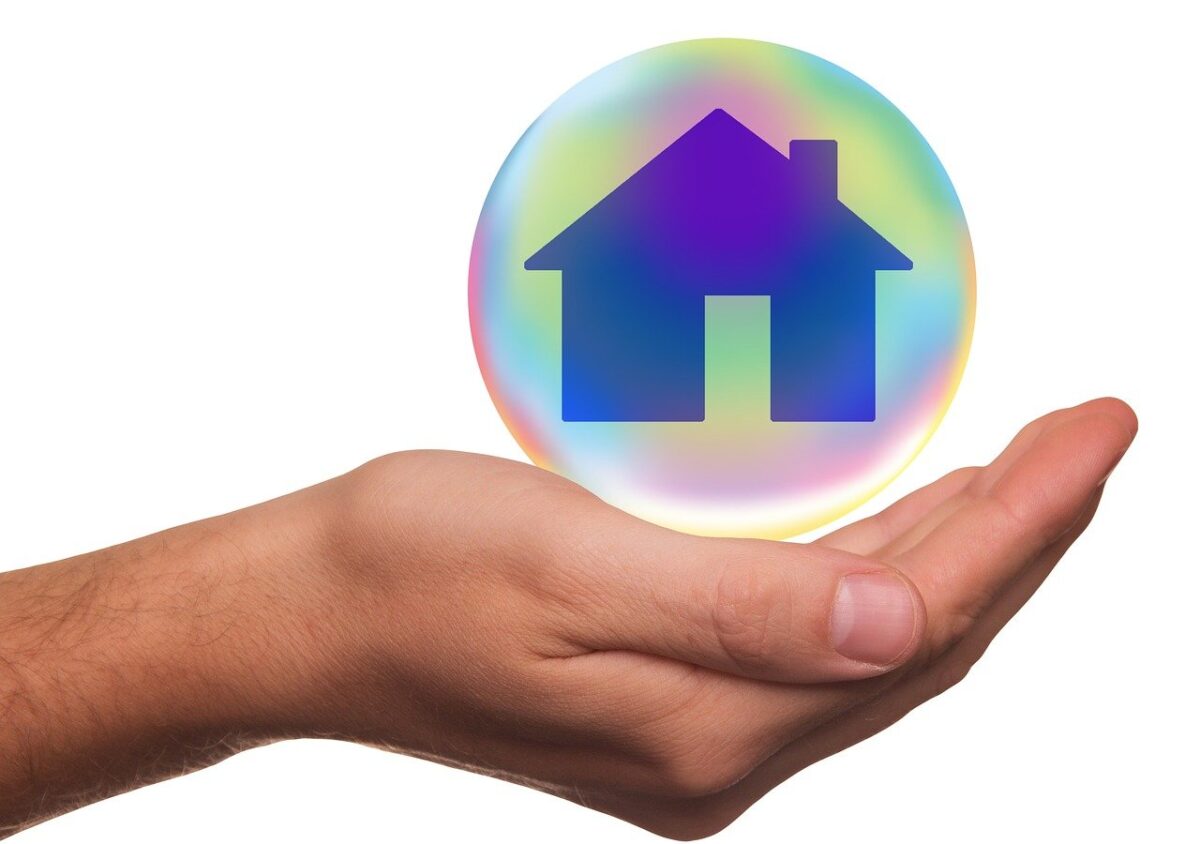In today’s uncertain world, a home security system does more than deter burglars, it can also help you save money on your home insurance premiums. Many homeowners in the UK aren’t aware that installing a professional security system could not only safeguard their property and loved ones but also lower their insurance costs in the long run.
From smart door locks and CCTV to monitored alarm systems, insurers reward homeowners who take proactive steps to reduce risk. In this blog, we’ll explore how home security systems impact insurance pricing, what features insurers look for, and how to maximise your savings without compromising protection.
Understanding Home Insurance Premiums
Home insurance premiums are calculated based on risk — specifically, the likelihood that you’ll make a claim and how costly that claim might be. Factors include:
- Location (crime rate in your area)
- Property value
- Contents inside your home
- Claim history
- Safety measures, like locks, smoke detectors, and yes, security systems
When you reduce the risk of burglary or damage, insurers may reward you with lower premiums, as your property is less likely to result in a costly claim.
How Home Security Systems Help Reduce Risk
Insurance companies love risk mitigation. The logic is simple: a secure home is less likely to be burgled, which means fewer payouts. Home security systems act as both deterrents and protective tools, significantly lowering the odds of theft or vandalism.
Here’s how:
1. Deter Intruders Before They Act
Visible security components — like CCTV cameras, smart lights, or alarm boxes — signal to potential intruders that your home is well-protected and not an easy target.
2. Provide Real-Time Alerts
Monitored systems can alert you (and in some cases, emergency services) the moment unusual activity is detected, increasing the chance of a quick response and reduced damage.
3. Support Insurance Claims
Should something go wrong, security footage or alarm logs provide evidence for your insurance provider, speeding up claims and supporting your version of events.
Types of Security Systems That Can Lower Premiums
Not all security systems are viewed equally in the eyes of insurers. While any system can offer some benefits, certain features and certifications are more likely to lead to meaningful savings.
1. Monitored Alarm Systems
Monitored alarms are professionally installed and connected to a remote monitoring centre. If the alarm is triggered, they immediately alert you, your keyholders, or even emergency services. These systems are considered highly reliable and can offer significant discounts on premiums.
Tip: Look for systems certified by NSI (National Security Inspectorate) or SSAIB (Security Systems and Alarms Inspection Board), which many insurers recognise.
2. Smart Home Security Systems
These include wireless sensors, doorbell cameras, smart locks, motion detectors, and mobile alerts. While not always monitored, they still enhance home protection and reduce risk.
Some systems allow you to:
- Lock/unlock doors remotely
- Get notified when someone enters your home
- Detect movement when you’re away
3. CCTV Surveillance
Home CCTV cameras are effective both as deterrents and as evidence sources. Footage can prove invaluable for burglary investigations and insurance claims.
4. Window and Door Sensors
Entry-point sensors can sound alarms or send alerts when opened. These are particularly useful for ground-floor windows or back doors, often targeted by burglars.
What Do Insurers Look For?
While each insurer has their own policies, most look at the type of system installed, its certification, and whether it’s actively maintained. Some may ask:
- Is the system professionally installed or DIY?
- Is it monitored 24/7?
- Is it registered with the local police (for alarm response)?
- Does it include fire and smoke detection too?
The more robust your security setup, the more favourable your insurance quote is likely to be.
How Much Can You Save?
There’s no one-size-fits-all answer, but homeowners can typically save between 5% to 20% on their home insurance premiums with a qualified security system.
Factors that influence your savings:
- Type of system (monitored vs. self-installed)
- System certification (NSI/SSAIB)
- Your postcode’s crime rate
- Value of your home and contents
- Previous claims
Even if the discount doesn’t offset the full cost of the system immediately, the long-term benefits – financial, practical, and emotional make it a worthy investment.
Additional Benefits of Installing a Home Security System
Peace of Mind
There’s no price tag on the sense of safety and confidence you get from knowing your home is secure — especially when travelling or sleeping at night.
Remote Access and Control
Smart systems let you control and monitor your home from your phone, giving you added flexibility and real-time updates.
Protecting High-Value Items
If you own jewellery, electronics, or other expensive items, your insurer may require proof of enhanced security to fully cover your valuables.
How to Notify Your Insurer
If you’ve recently upgraded or installed a home security system:
Contact your insurer directly
Provide details — brand, type, whether it’s monitored
Offer any certifications (e.g., NSI Gold Certificate)
Ask how it affects your current premium or future renewals
They may send an assessor to verify the system or ask for documentation. Once verified, your new premium may reflect the updated risk level.
Don’t Forget Regular Maintenance
To keep your insurance discount valid:
- Service your alarm or system regularly (at least once a year)
- Keep all logs and service certificates
- Notify your provider of any changes, especially if you uninstall or deactivate components
Failure to maintain your system could invalidate your claim if an incident occurs and the system was not working.
Conclusion: Secure Your Home, Save Your Wallet
A quality home security system is a smart investment, not just for peace of mind, but also for your financial bottom line. Whether you install a professionally monitored system or a smart home setup, you’re not only protecting your family and possessions, but also showing insurers that you take home safety seriously.
At the end of the day, it’s simple: less risk for them means lower costs for you.
